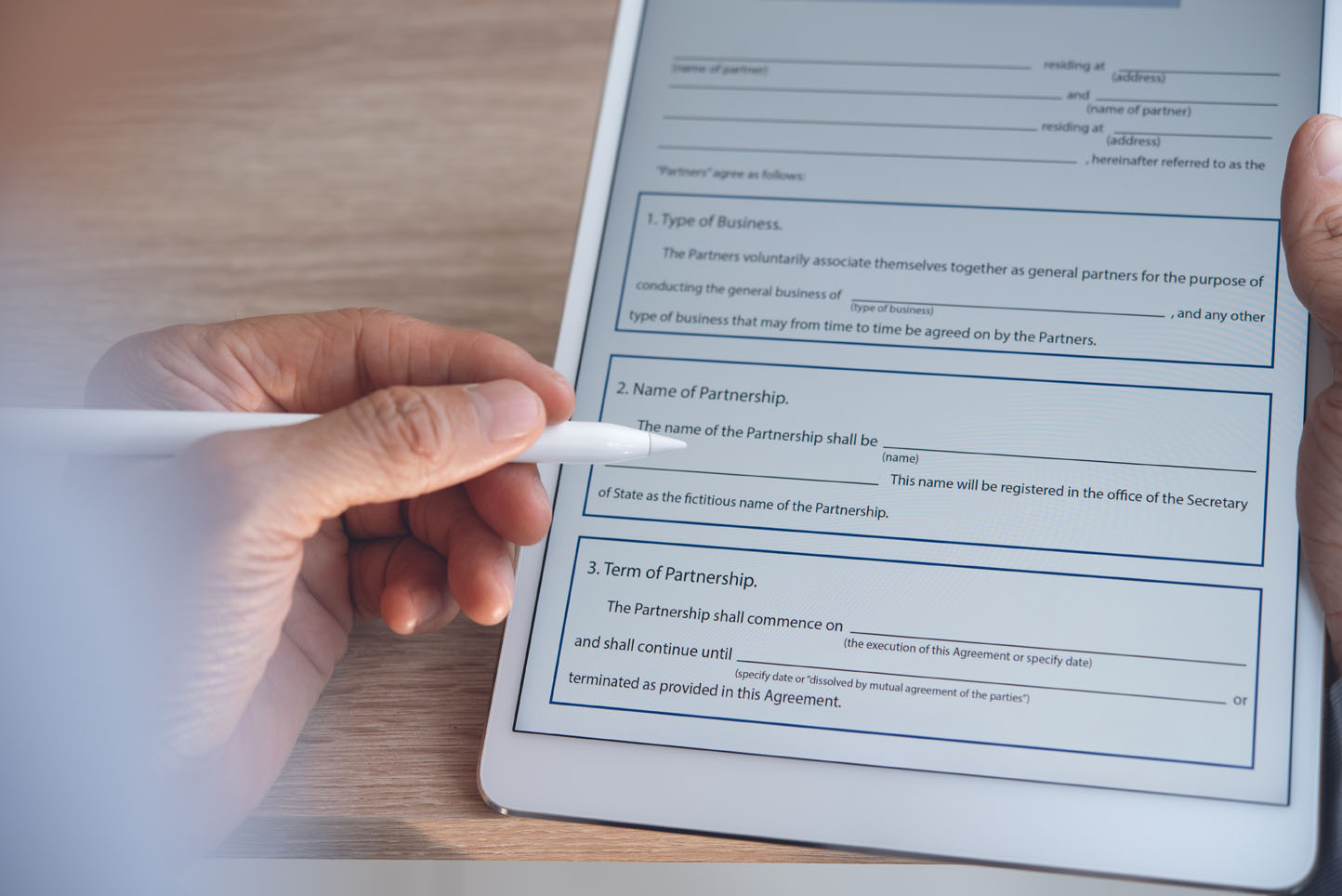APEC Economies Get Serious About E-Government

The global pandemic has impressed upon us the benefit of, and urgent need for, digital technologies and solutions among citizens, businesses, and governments alike across the Asia-Pacific. Even as the worst days of pandemic restrictions and lockdowns are behind us, “e-government” initiatives will remain a significant element of an economy’s digitalization journey.
Recent work within APEC’s Digital Economy Steering Group (DESG) helped shine a light on this important area through a new APEC report, Policy Recommendations: Digital Permitting and E-Government Measures to Advance the Post-COVID-19 Economic Recovery, which highlights a key element for the digital government agenda.
The report provides APEC economies with actionable suggestions to implement best practices on promoting digitalization of licensing and permitting (L&P) processes – a critical piece of an economy’s investment and “doing business” environment. As a guide, it includes policy recommendations as well as case studies from APEC economies at various stages of development, providing different perspectives from municipalities and domestic governments that are implementing digital L&P initiatives.
The report makes the following recommendations for APEC policymakers:
- Define and develop criteria for “holistic” digital licensing
- Demonstrate political will and leadership to digitalize L&P processes
- Promote an enabling regulatory and policy environment
- Educate public officials and build capacity among stakeholders
- Develop a regional certification model to aid implementation
These policy recommendations come at an opportune time as economies anticipate increased in-flows of foreign investment post-COVID-19. Antiquated, paper-based application procedures are inherently inefficient and contribute to delays in the execution of critical projects and development.
Such delays increase the cost of investment, but can also contribute to lost employment, slower economic growth, and weakened economic competitiveness. Offline payments for L&P services and unlinked, siloed government databases have a tendency for leaks within the system since fees are collected at various stages by different agencies. This increases opportunity for corruption.
COVID-19 exacerbated such existing issues with traditional L&P processes. L&P slowed even further, as economies that were already too reliant on in-person and paper-based processes were forced to institute social distancing policies and manage with limited workforces. The global pandemic made this commonplace. According to the World Bank, 61 percent of the 190 economies it tracks temporarily suspended permit applications as of May 2020, due to COVID-19.
These challenges helped accelerate broader trends towards digitalization of government services related to healthcare, investment, education, and construction, to name just a few key areas. This stems from appreciation that digitalization of L&P services leads to faster, more transparent and less costly processes. At the macro level, such reforms can improve employment rates, reduce opportunities for corruption, increase government revenue from tax receipts, and accelerate broader economic growth.
As economies emerge from the COVID-19 global standstill, digitalization of government services has taken on an additional dimension beyond efficiency and transparency. It has become a measure of an economy’s resilience. It provides business continuity in an era of remote work, prevents paralysis of key regulatory processes due to COVID-19, and safeguards individuals. Governments that embraced digitalization were able to better deliver public services, meet citizens’ needs, sustain remote work and enable businesses to operate and manage better amid the pandemic.
APEC economies now need to put words into action by implementing these foundational policy recommendations for an e-government strategy that embraces digitalization of public services, including licensing and permitting. This will entail striking a balance between protecting investor and business data, facilitating cross-jurisdiction data flows, instituting a robust digital infrastructure, and collaborating closely with the private sector and international organizations to bolster existing capabilities and resources.
There is more work to be done, and the Digital Economy Steering Group and other APEC working groups provide a needed platform to build capacity on these critical issues. APEC economies should keep the above in mind as they consider best practices and recommendations contained in this report to re-shape their strategy for service delivery and revolutionize how APEC member economy governments engage the 21st century.
#
Ekapong Rimcharone is the Chair of the APEC Digital Economy Steering Group.

